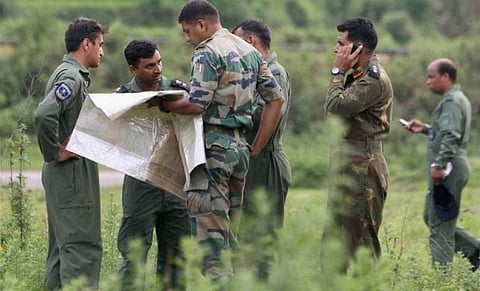
- Latest Legal News
- News
- Dealstreet
- Viewpoint
- Columns
- Interviews
- Law School
- Legal Jobs
- हिंदी
- ಕನ್ನಡ

Is the Supreme Court judgment in Union of India v. Major General Shri Kant Sharma which disrobed High Courts of its Article 226 jurisdiction with respect to orders from Armed Forces Tribunal (AFT) fallacious?